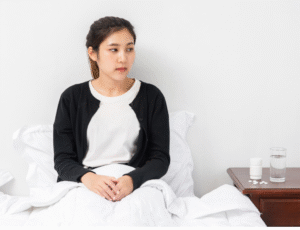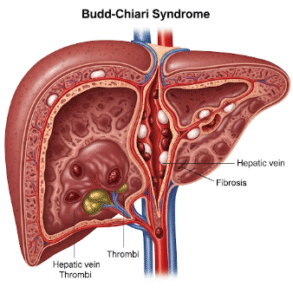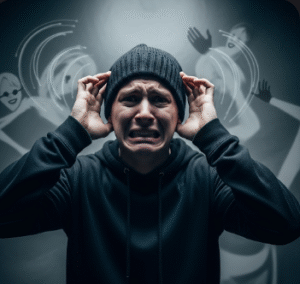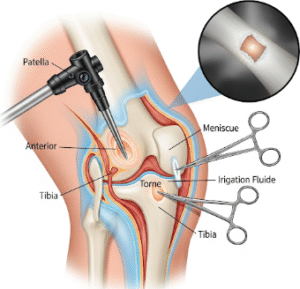What it is
Homeopathy is a system of alternative medicine based on the principle of “like cures like,” where substances that produce symptoms in a healthy person are used in highly diluted forms to treat similar symptoms in a sick person. Developed in the late 18th century by Samuel Hahnemann, homeopathy is used for a wide range of chronic and acute conditions, including allergies, digestive issues, skin problems, and stress-related disorders.
Key points:
- Treatments are prepared through serial dilution and succussion (vigorous shaking).
- Remedies may come in forms like tablets, liquids, or powders.
- Focuses on holistic treatment, considering the physical, mental, and emotional aspects of a patient.
- Typically involves individualized treatment plans tailored to the patient’s symptoms and constitution.
Why it’s done
Homeopathy is used for:
- Chronic conditions: Asthma, eczema, arthritis, migraines, and digestive disorders.
- Acute minor illnesses: Colds, flu, fever, or minor infections.
- Improving overall wellness: Boosting energy, immunity, and mental balance.
- Reducing dependency on conventional medications: Particularly for conditions where conventional treatments cause side effects.
- Holistic care: Focuses on treating both symptoms and underlying predispositions.
Note: While widely used, homeopathy is often considered complementary or adjunct therapy, and efficacy can vary based on individual response.
Alternatives
Alternatives to homeopathy include both conventional medicine and other complementary therapies:
- Allopathic (conventional) medicine: Prescription drugs, surgical interventions, and evidence-based therapies.
- Herbal medicine: Plant-based treatments addressing specific symptoms or conditions.
- Acupuncture: Traditional Chinese therapy targeting energy meridians to relieve pain or imbalance.
- Ayurveda: Indian system of medicine focusing on balance of body, mind, and spirit.
- Lifestyle modifications: Diet, exercise, stress management, and sleep hygiene to improve health.
Important: Patients should discuss any complementary therapy with their healthcare provider to ensure safety and avoid interactions with conventional treatments.
Preparation
Before starting homeopathic treatment, proper preparation helps maximize effectiveness:
- Medical evaluation: Comprehensive review of medical history, current medications, and lifestyle.
- Symptom diary: Recording symptoms, triggers, and progression for personalized treatment.
- Consultation with a qualified homeopath: Detailed discussion about physical, emotional, and mental state.
- Expectations management: Understanding that results may be gradual, especially for chronic conditions.
- Avoiding contraindications: Certain acute or life-threatening conditions may require conventional medical intervention first.
Patient instructions:
- Bring a list of all current medications and supplements.
- Be prepared to provide detailed symptom history and triggers.
- Follow homeopath’s dosing and timing instructions carefully.
How it’s done
Homeopathy involves several steps:
1. Assessment:
- Homeopath evaluates individual symptoms, lifestyle, emotional state, and constitution.
- A personalized remedy is selected based on the overall picture, not just a single symptom.
2. Remedy Selection:
- Remedies are prepared using serial dilution and succussion.
- Dilutions are labeled with C (centesimal) or X/D (decimal) potencies.
- Remedies can be administered as oral tablets, liquids, or pellets.
3. Administration:
- Typically taken orally, sometimes dissolved in water.
- Dosage and frequency are customized based on severity, age, and condition.
- Follow-up consultations are scheduled to adjust the remedy or potency as the patient responds.
4. Monitoring:
- Symptoms are tracked over time.
- Remedies may be changed if initial response is insufficient or new symptoms appear.
Recovery and Benefits
Homeopathy aims for gradual improvement, emphasizing holistic wellness:
- Short-term effects: Relief from acute symptoms like mild fever, colds, or digestive upset.
- Medium-term effects: Improvement in chronic symptoms such as joint pain, skin issues, or fatigue.
- Long-term effects: Better overall health, increased resilience, and reduced reliance on conventional medications.
- Minimal side effects: Most remedies are safe due to high dilution, with rare mild reactions like temporary symptom flare-ups.
Note: Recovery timelines vary widely depending on the condition, duration, and individual response.
Complications
Homeopathy is generally safe, but potential concerns include:
- Delay in conventional treatment: Serious or life-threatening conditions require prompt allopathic care.
- Temporary symptom aggravation: Mild worsening of symptoms can occur initially.
- Interactions: Rare, but patients should inform their homeopath about all medications and supplements.
- Quality concerns: Use only licensed or reputable homeopathic products to avoid contamination or inaccurate labeling.
Precautions:
- Avoid self-prescribing for serious conditions.
- Monitor symptoms and seek immediate medical attention if severe illness develops.
- Use homeopathy as a complement, not a replacement, for emergency or life-threatening care.
Treatment Options in Korea
Homeopathy is available in Korea as part of complementary and alternative medicine services:
Key features:
- Offered in licensed clinics, wellness centers, and some hospitals.
- Practitioners are trained in individualized homeopathic assessment and remedy selection.
- Remedies are available in various potencies and forms, with guidance on safe administration.
- Often integrated with lifestyle advice, dietary counseling, and stress management.
- Used both for chronic disease management and enhancing general wellness.
Summary: Homeopathy in Korea provides a holistic, individualized approach to health, focusing on symptom relief, wellness improvement, and minimal side effects. While safe and complementary, it should be used alongside conventional medicine for serious or acute conditions to ensure comprehensive care.













